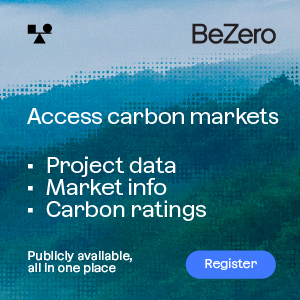Linking emissions trading systems worldwide enables greenhouse gas reductions to be made more cost-effectively than connecting the markets with other carbon pricing instruments, a report commissioned for the G7 found.
This week’s G7 meeting hosted by Germany concluded with the leaders backing deep, long-term emission goals and the “the long-term objective of applying effective policies and actions throughout the global economy, including carbon market-based and regulatory instruments.”
In a report commissioned by the German environment ministry to support discussion at the annual meeting, consultants Adelphi examined how carbon pricing initiatives could best converge.
They examined three scenarios: where ETSs are linked, where ETSs are linked with carbon taxes and where ETS and taxes co-exist and collaborate with regulatory systems.
“The results show that across all three scenarios, ETS-only linking is the most cost-effective one as it unlocks the widest array of mitigation options. It is also the only scenario that would create a single global carbon price, reducing concerns about carbon leakage,” the report said.
It added that all three scenarios had the potential to be more cost-effective and tackle carbon leakage than if they remained completely isolated and recommended establishing a voluntary platform of G7 members and other major emitters to initiate a high-level strategic discussion on these issues.
“It will be crucial to ensure that the Paris climate conference delivers an outcome that opens the door for carbon markets to play a role in cost-effective mitigation efforts and to their prospective linking,” the report said.
By Ben Garside – ben@carbon-pulse.com



